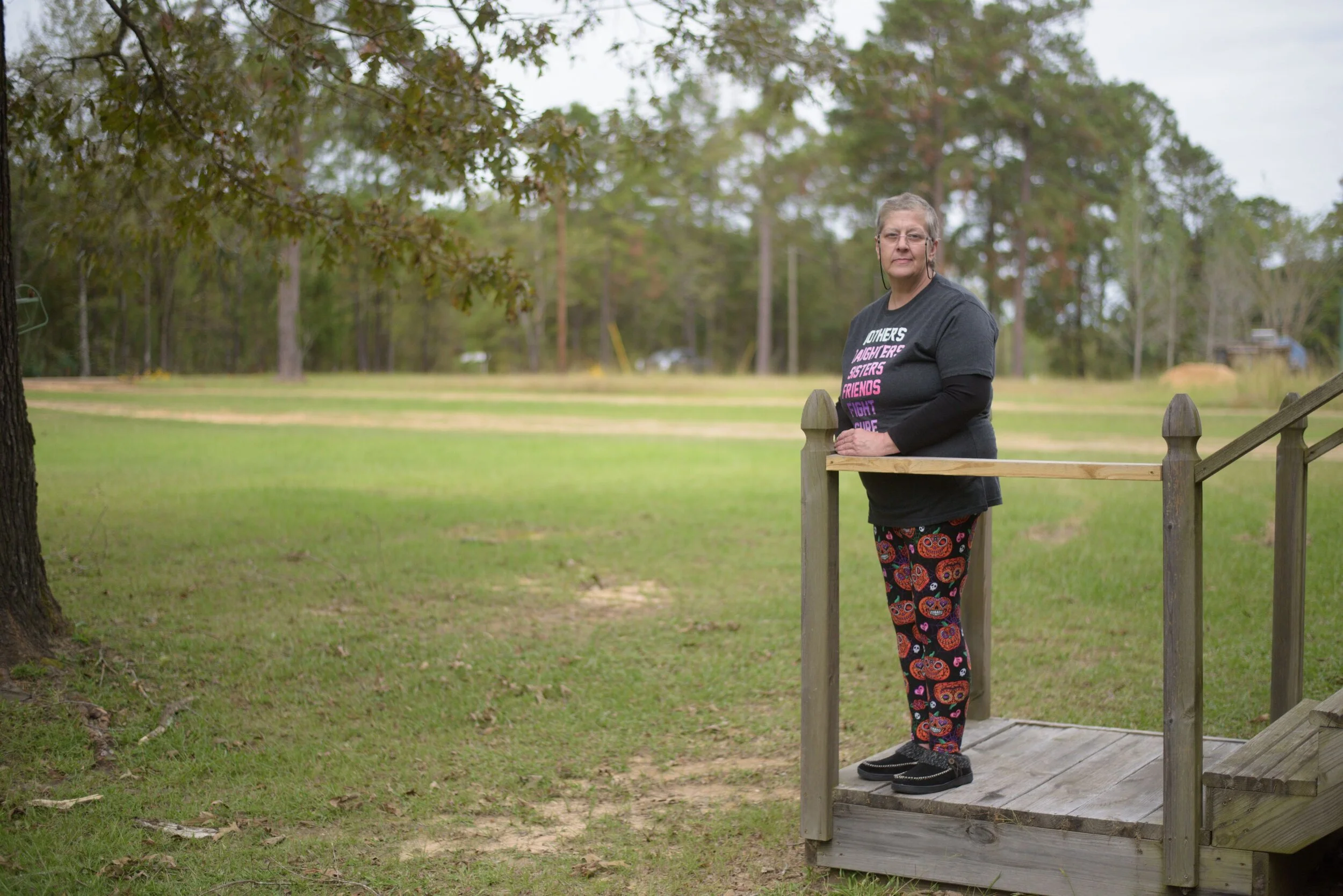“America’s Virtual Food Bank” Comes into Focus under Covid
“America’s Virtual Food Bank” Comes into Focus under Covid
By Food Bank News, October 22, 2020
As a relatively new organization — only ten years old — Feeding Children Everywhere has the benefit of not being tied to legacy notions of how things are done. So its embrace of a virtual food bank model in response to Covid-19 has been seamless.
Under its virtual model, the organization acts most like a modern-day nationwide meal-kit provider, shipping meals to the front doors of households across all 50 states.
Its approach is another example — as with My Pantry Express from Northern Illinois Food Bank — of a food bank reaching out to people who wouldn’t normally go to a pantry by providing access to food in a dignified, normalized way. It also takes advantage of the popularity of meal kits, which have shown to be effective in spurring healthy food selections at food pantries.
“It’s like an Instacart or Blue Apron experience,” said Rick Whitted, Chief Executive Officer.
Client dignity and self-worth are hallmarks of the program, partly as a result of Whitted’s decades of experience in corporate banking, where well-moneyed clients received top-notch service as a matter of course. “We want to treat people with the same level of service,” he said.
Feeding Children Everywhere is working to add fresh produce to its Full Cart food boxes.
That means that food arrives discreetly at doorsteps in what looks like a regular Amazon box, with informative, well-presented collateral. If something goes wrong, Feeding Children Everywhere offers sincere apologies, then follows up with a new food box plus a gift card.
“The point is you really matter,” Whitted said. “It’s very difficult to address any kind of insecurity — whether food, housing, economic instability or education gaps — without first making clear that a person is valued.”
Whitted stepped into the CEO role at Feeding Children Everywhere in April 2020 at the height of the Covid crisis, after about two-and-a-half years on the board. At the time, the virtual food bank program, known as Full Cart, represented just a small part of the company’s overall activities.
Mostly, Feeding Children Everywhere was known for its high-energy, hands-on Hunger Project food-packing events in which corporate partners and their employees spent a few hours packing food to be delivered to local pantries or food banks. But when Covid hit, “87% of our business stopped overnight,” Whitted said. “It forced us to focus on Full Cart.”
Full Cart, just over a year old at the beginning of Covid, started out as an internet service offering low-cost food boxes with free shipping to households looking for an affordable way to feed their families. The goal was to “fill the carts” of people who met the definition of being food-insecure, but did not take advantage of hunger relief programs, either because they believed they didn’t qualify or they felt ashamed.
When the need for hunger relief surged because of Covid, the company responded by making its food boxes available for free, relying on corporate partners and donors to cover the costs. The transition marked a new stage for the organization, which now dubs its Full Cart program America’s Virtual Food Bank. “We realized we were actually a virtual food bank,” Whitted noted.
In 2019, its first full year, Full Cart shipped food boxes to 40,000 households. So far this year it has shipped more than 61,000. Distribution centers in places like Chicago, Dallas, Utah and its headquarters of Orlando make it possible to reach the entire country and Puerto Rico at reasonable cost, Whitted said.
Non-perishable, packaged food like oatmeal, pasta and lentils, makes up the bulk of Full Cart’s current offerings, though it is working on adding fresh produce and developing meal options that would meet the higher standards of organizations like the American Heart Association.
Full Cart understands that healthy food lies at the core of being able to partner with other organizations that could help it achieve its goal of more broadly addressing social determinants of health, a strategic direction that took hold upon Whitted’s appointment as CEO.
“Covid pressure-cooked the need to really focus on what we want to be,” Whitted said. “We want to be the organization that uses food as a tool to really help other organizations doing great work to address the root causes of why people are hungry in the first place.”
To that end, Full Cart’s online application for food relief includes questions that go beyond those related to food insecurity, such as transportation, internet access, financial services and employment. By tracking the answers to those questions, Feeding Children Everywhere expects to be able to engage partners that might be able to help meet those needs.
“At the end of the day, we don’t want to simply feed people,” Whitted said. “It’s not enough. Food insecurity is so interconnected that we’ll never be able to solve the problem if we don’t work together.”






